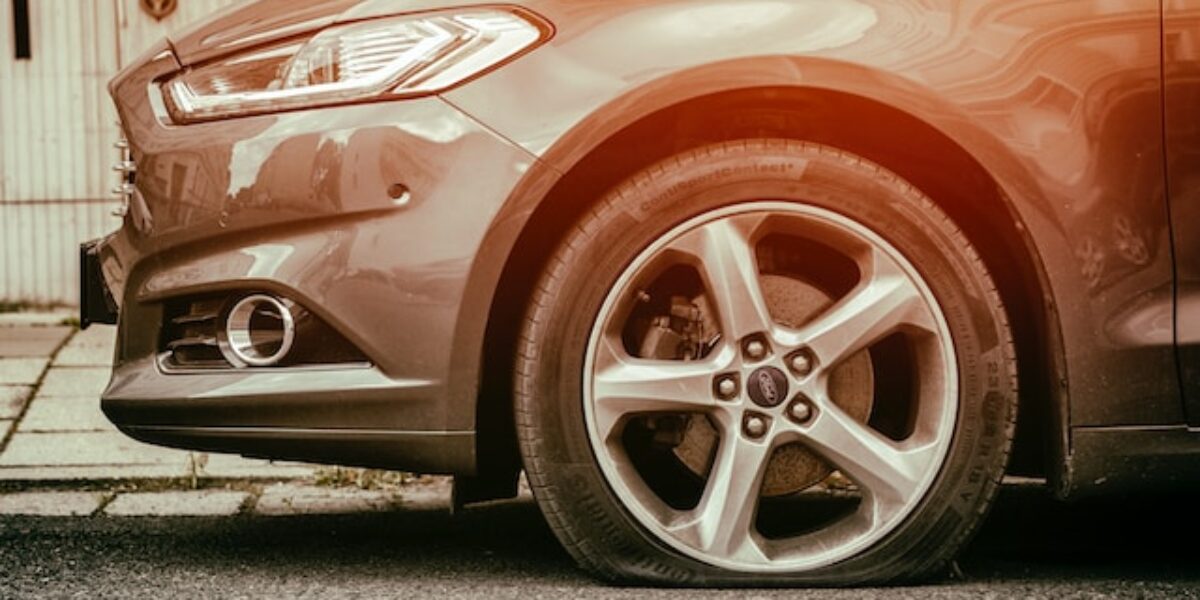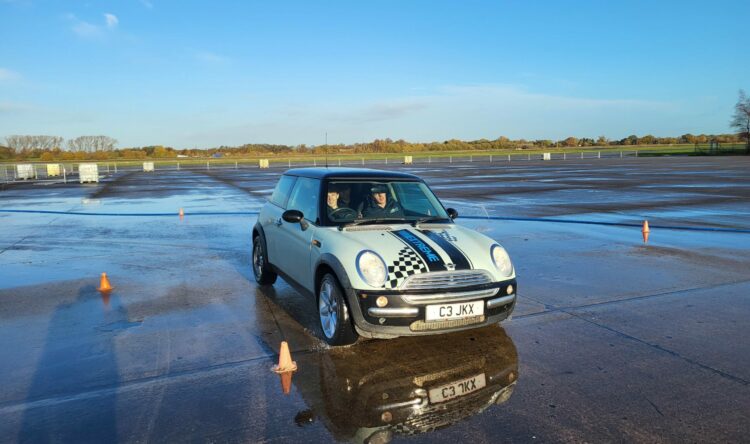Falling flat
Less than half of motorist willing to tackle a flat tyre at the side of the road
A majority of European motorists would not attempt to deal with a tyre puncture at the roadside themselves.
The results of a new survey by Apollo Tyres reveal more and more drivers are employing the services of roadside support rather than relying on their own skills and knowledge.
Stranded
Just 46% of respondents say they would use the car’s supplied spare tyre or inflation kit, compared to 32% that say they would instead call on a vehicle breakdown service for assistance. Furthermore, 16% say they would seek help from a family member, friend or colleague.
Significantly, 11% of the 6,000 motorists polled said they didn’t even know if their vehicle was fitted with a spare tyre or emergency tyre inflation kit.
Younger people are more likely to say they have never checked whether their car was equipped to deal with a puncture – 16% of those aged 18 to 24, versus 8% of those over 65.
Long lasting skills
Age proves to be a divisive factor when it comes to those willing or able to change a wheel. Older motorists are more likely to tackle a repair themselves. The survey found that 52% of motorists aged 55 to 64 would use a spare tyre or inflation kit, compared to 45% of those aged 18 to 24.
Women are less likely to deal with a puncture themselves in order to continue their journey. It found that just 34% would attempt to use a spare tyre or inflation kit, compared to 62% of men.
Learning for safety
Yves Pouliquen, Group Head of Sales and Marketing at Apollo Tyres, believes gaining the knowledge and skills to carry out the job is an important responsibility.
“In some situations it might not be possible for a stranded motorist to contact someone for assistance to deal with a puncture,” states Pouliquen. “So it is important that they have the essential knowledge and equipment to continue their journey.”
New, younger drivers seem to be particularly at risk. “Our survey suggests that younger drivers are least likely to tackle a puncture themselves, so it might be very beneficial for guidance to be provided to everyone learning to drive.”
She added that it would be a good idea “for that knowledge to be assessed as part of the test procedure”.





